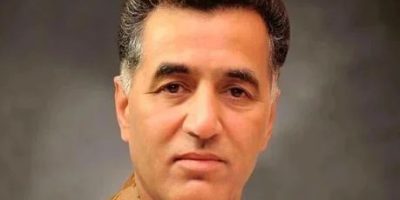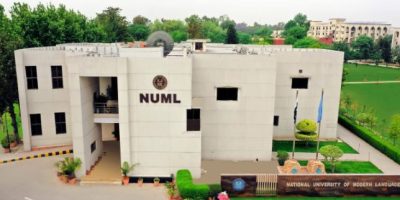Economic growth not possible without controlling inefficiencies: PIAF

ISLAMABAD, MAR 19 /DNA/ – The Pakistan Industrial and Traders Association Front (PIAF) has said the country can improve its economic growth and job creation by overcoming inefficiencies in its power sector through focus on eliminating waste and shifting towards cleaner energy, besides attracting private investments.
PIAF senior vice chairman Nasir Hameed and vice chairman Javed Siddiqi, in a joint statement said that power sector reforms should be a top priority for a quick yield of economic gains. They added that reforms that focus solely on rising energy prices had already led to an excessively high cost of electricity because of inefficiencies in the system.
Nasir Hameed noted the overall line losses of distribution companies in the public sector remained unchanged at 18 percent for the last several years while the current Unaccounted for Gas losses of gas companies were causing a loss of more than Rs.50 billion to the end consumers, burdening the industry with billions of rupees cost additionally. The government will have to get rid of expansive thermal power generation, as hydropower’s share of installed generation capacity fell from around 67% in 1985 to 27% in 2021. Pakistan’s reliance on fuel oil for power generation contributed to the liquidity crisis in the country’s power sector. He opined that increase in tariffs alone could solve the fiscal problems in the short-term, but it cannot address the energy sector issues on a long-term basis. He resented the recent move of National Electric Power Regulatory Authority (NEPRA) to jack up electricity rates, lifting average power tariff to Rs18.09 per unit, saying the decision will cause an additional burden of billions of rupees on consumers.
Javed Siddiqi stated that the frequent increase in electricity cost and fuel prices on behest of the International Monetary Fund would not only make Pakistani products uncompetitive in the international market, but would also dent the prime minister’s vision of lowering the cost of industrial production.
Condemning the government’s move, he said the increase was being done to meet the conditions of the International Monetary Fund, terming the transfer of the cost of inefficiencies and transmission constraints of power distribution companies to the consumers as unfair. He said the increase in power and fuel prices will increase the cost of production for the industrial section which in turn will impact the ease of doing business and exports.
The PIAF leaders said that the continuous price-hike was announced on the plea of a fuel price adjustment for the first, second and third quarters of the current and last fiscal years, putting an additional burden of billions of rupees on trade and industry. They rejected the government’s move of raising power cost, besides increasing rates of petroleum products twice a month to qualify for the revival of the stalled $6-billion IMF loan program.
They said that the regular attempts of economic managers to increase oil prices along with power and gas tariffs would ultimately nullify the government’s step for reduction in production cost, including industrial power tariff for SMEs. They said it was imperative for the government to make power and gas tariffs for domestic as well as export sectors compatible to tariffs being applied in neighboring countries.
Related News

Pak Army starts inquiry against ex-DG ISI
DNA ISLAMABAD: Pakistan Amry has constituted an inquiry committee to probe charges against former DGRead More

54 students of NUML visit Parliament House
ISLAMABAD, APR 17 (DNA) —A delegation of 54 students from the National University of Modern LanguagesRead More


Comments are Closed